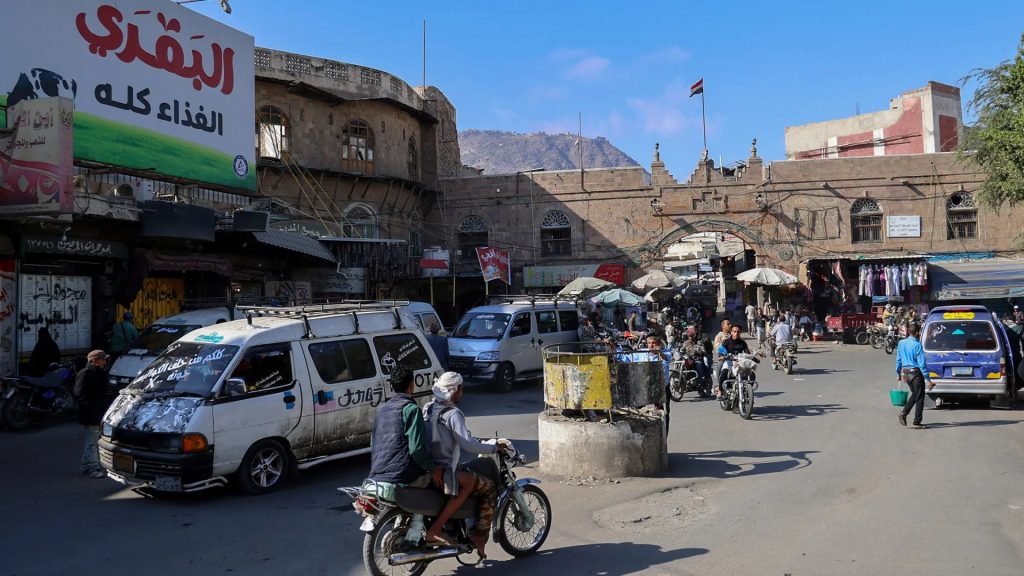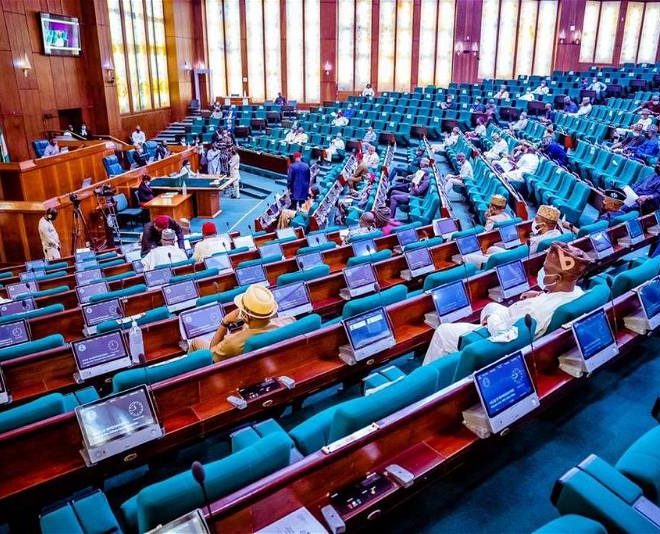Analysis
Financial Expert Questions Tax Exemptions for Nigerian Churches

Kalu Ajah, a financial planning expert, has raised questions about why Nigerian churches are not obtaining tax exemptions for their charitable activities, a practice common in many Western countries.
Ajah shared his observations on X, a microblogging site, recounting an incident during a church service in the United States where tax receipts were provided for charitable donations. In the U.S., contributions to charities are typically tax-exempt, and individuals receive receipts for their donations.
Expressing curiosity about whether a similar practice exists in Nigeria, where Western-style Christianity is prevalent, Ajah questioned the tax status of churches in the country. While acknowledging that Nigerian churches are often set up as incorporated trustees or other legal entities exempt from income tax on charitable contributions, he emphasized the importance of maintaining transparent financial practices.
Ajah suggested that churches in Nigeria should demonstrate audited proof of their charitable activities to maintain their tax-exempt status. He argued that this practice aligns with proper financial governance and is not intended as an attack but rather a means of ensuring accountability.
This inquiry into the tax-exempt status of churches echoes past discussions, including a proposal by Jim Obazee, former head of Nigeria’s Financial Reporting Council, which faced criticism and was ultimately rejected. Ajah’s advocacy aligns with the call for transparency in charitable transactions, urging organizations receiving contributions to publish Social Responsibility reports detailing the use of donated funds.
For Diaspora Digital Media Updates click on Whatsapp, or Telegram. For eyewitness accounts/ reports/ articles, write to: citizenreports@diasporadigitalmedia.com. Follow us on X (Fomerly Twitter) or Facebook












